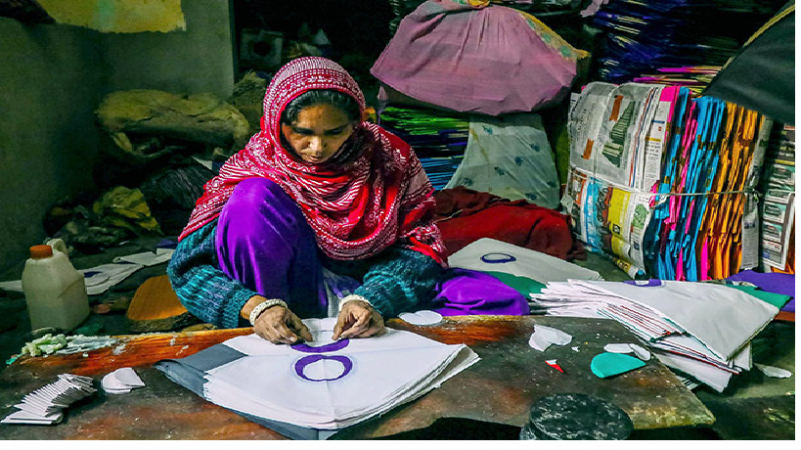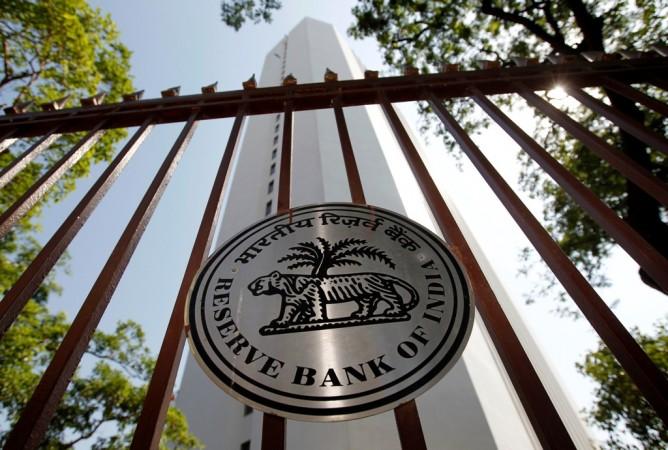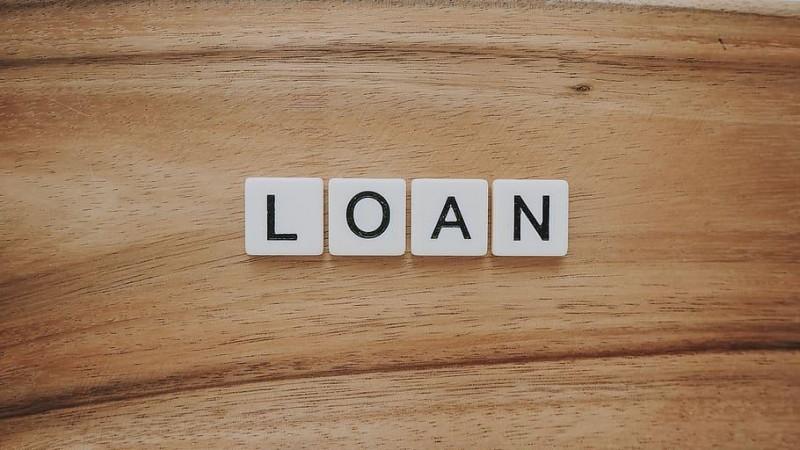In plans to kick-start Asia's third-largest economy once again, reeling under the impact of a 40-day nationwide lockdown, people with knowledge of the matter reveal India is deliberating on a proposal to guarantee as much as 3-lakh crore rupees ($39 billion) of loans to small businesses.
Mulling loan guarantee for small businesses in India
According to sources, small firms will be eligible to borrow an additional 20% of their credit limit, as per the proposal which is under works. This borrowing will be backed by Prime Minister Narendra Modi's administration and the government intends to set up a special fund to pay for any defaults.
If banks enhance the credit limit by 20% for all borrowers then the additional part has full absorption guarantee for banks and the financial lending institutions have nothing to lose, but to gain more, considering they have better chances of collecting 100% if the SMEs survive.
Coping with the Covid-19 times, governments and regulators are slowly launching new programs for businesses, investors, fund managers, who are struggling with the impact of lockdown affecting manufacturing and other allied activities. An economy set for contraction for the very first time in decades, the Modi government is working on means and mechanisms to make it attractive for banks concerned about rising debts and delinquencies, to be able to extend help to small businesses.
Around 100 million workers in the mining, manufacturing, construction and services sectors have been rendered jobless due to continuous lockdown, according to Subhash Chandra Gar, a former top bureaucrat in the finance ministry in his blog.
In developed economies such as the US and the UK, a large part of the fiscal package includes loan guarantees. While governments across the globe are ensuring small and medium businesses survive through these trying times, the U.S government has decided to provide $320 billion for new loans under the Paycheck Protection Program. An initiative that will offer forgivable loans to small businesses, to help them retain workforce on the payroll for eight more weeks, while the Philippines government plans to give 35 billion pesos ($690 million) to SME workers of shuttered enterprises.

Perhaps if targets are set for banks and shadow banks to avail of refinancing under such a scheme along with credit guarantees assured, then it will to an extent, ensure credit flow to MSMEs and help revive growth. Small businesses have been the bedrock of a $2.7 trillion Indian economy. This is worst hit by the Covid-19 lockdown, with many businesses being disrupted or coming to a standstill.
Current loan standing for MSMEs
To help resume economic activities, RBI has offered relaxation as requested by the Indian Banks' Association (IBA), a one-time restructuring of existing loans to GST-registered MSME units. While this makes for a very small number of GST-registered MSME units, in comparison with the non-GST accounts. The restructuring which was earlier allowed till March 31, 2020, is extended by the RBI till December 31, 2020.
"Around 900,000 MSMEs are eligible for benefit under the restructuring scheme announced by the RBI. Till January 31, 2020, around 619,562 MSME accounts were restructured by the public sector banks of an amount involving Rs 22,650 crore," Business Standard reports.

According to RBI data, Banks have already lent a total of Rs 4.78 trillion to small businesses for the fortnight ending February 28, 2020. While the current Credit Guarantee Fund Trust for Micro and Small Enterprises (CGTMSE) scheme guarantees between 50-85% of loans up to Rs 2 crore, the risk-averse lenders now seek assurance for the entire loan amount more than Rs 2 crore, and not limited to Rs 2 crore only.
A noteworthy fact is that small businesses in India get the costliest loans as next to unsecured personal loans, notwithstanding their employment creation potential and asset considerations. Sidbi has announced a concessional rate of 5% for MSME loans under its emergency COVID-19 package.
MSME loans worth Rs 2.32 lakh crore are at a higher risk of becoming non-performing assets (NPAs) soon as they fall in the highest risk category of 7 to 10, according to credit information firm TransUnion Cibil. The higher ranking suggests a greater risk of small business loans going bad in the upcoming 12 months, news report states.
Out of Rs 2.32 lakh crore loans at risk, micro-enterprises having loans of less than Rs 10 lakh, in the highest risk category of CMR-7 to CMR-10, totalling up to Rs 13,600 crore. With Covid-19 presenting new challenges to businesses of all sizes, particularly the small businesses, who are the most vulnerable segments of the economy, the NPA rate has been increasing continuously over the past few years to be at 12.6 per cent in December 2019.
To provide some relief to the borrowers, RBI has issued a 90-day moratorium period to be excluded from the NPA classification. Since as per the RBI rules, payments overdue beyond the 90-day period are treated as NPAs. The central bank had announced a moratorium on term-loan instalments due between March 1 and May 31.

















